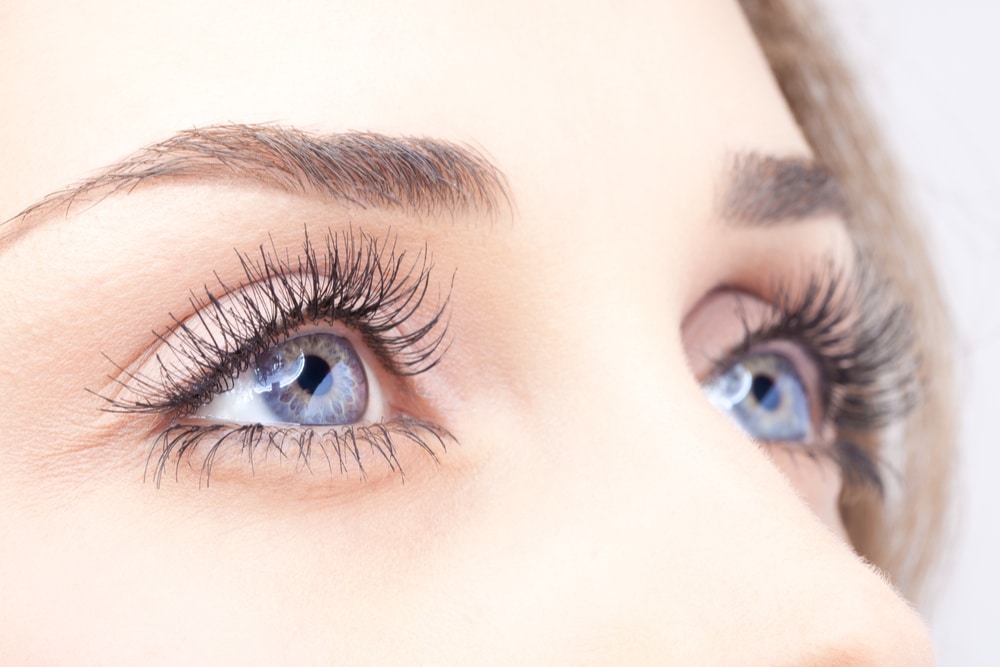We often take our eyes for granted. Without a second thought, we rely on them for our sense of sight and for conveying complex emotions. Our eyes can help us appear alert and well-rested, but they can also make us look aged or tired when they droop or become wrinkled or puffy. The eyes and surrounding structures play an important role in the aesthetic balance of the face.
An eyelid lift — also called eyelid surgery or blepharoplasty — can help remedy these concerns, removing sagging eyelid skin or unwanted under eye bags. But the eyes and the skin surrounding them are delicate structures; recovery from eyelid surgery can be more involved that one might expect for such a relatively small area.
In order to ensure your best blepharoplasty results, the team at the Whole Beauty® Institute wants to help you prepare properly for your surgery and learn how to care for your eyes after the procedure.
Your Recovery Timeline
You can expect to need about ten days away from normal activities to allow your energy to return, and it can take three to six weeks before your surgeon clears you to resume more strenuous activities like working out. Over the course of your first week post-op, you may experience symptoms like light sensitivity, watery eyes or blurred vision — these will gradually improve as you continue to heal. You will also have any sutures removed during this time, and if you were prescribed pain medications, you will transition into over-the-counter pain management or no medication.
It can take about two weeks for visible effects to wear off. Bruising and swelling are very common responses to eyelid surgery, which, if you have never undergone facial surgery before, can cause concern. In reality, it is a normal response to injury in the eye area: your eyes are highly vascular with relatively thin skin, which makes them particularly prone to discoloration. Cold compresses and some topical treatments can help alleviate these symptoms, and pain medications can be taken to relieve discomfort. Most patients find that bruising has diminished enough to be hidden with makeup after their first seven to ten days of recovery and choose to return to work or daily responsibilities at this time.
As a general rule, upper eyelid surgery has a quicker recovery than lower eyelid surgery.
Before Your Surgery
Taking the right steps to prepare for your surgery can go a long way towards easing your recovery. The day you return home from your eyelid lift, you will not be able to run your own errands or perform household tasks as you normally might. It helps to have all of these things in order ahead of time so that you can spend the necessary time resting and recovering without worry.

Recovery Tips and Tricks
There are many ways you can ensure you stay healthy and comfortable during your recovery — your surgeon likely has his or her own set of recommendations, so feel free to ask them for their suggestions during your consultation or any other appointments before your surgery. A few of the most common tips include nonessential but helpful medications, dietary restrictions, and activities to keep you occupied during recovery. For example, using hydrating eye drops can help lubricate your eyes — dryness is a common occurrence after blepharoplasty because swelling can press on your tear glands and interfere with their functions. Eating foods that are low in sodium is also known to help keep you comfortable; studies show that high-salt diets can make swelling and puffiness worse. And, since your eyes will be particularly sensitive, common recovery activities like reading, using your computer or watching television are usually not recommended in the early stages of your recovery. Rest your eyes by opting for entertainment like audiobooks, music playlists, or podcasts when you need relaxation.
The most important thing to remember is that your blepharoplasty recovery will depend largely on your particular surgery and your body’s normal healing response. Your plastic surgeon will always be your best resource for procedure and recovery information because they know you and your eyelid lift process more closely than anyone else. Seeking an experienced, board-certified plastic surgeon in your area with excellent communication skills can ensure that you are comfortable and worry-free throughout your eyelid surgery journey.
To learn more about eyelid surgery and other cosmetic procedures in the greater Chicago area, contact the Whole Beauty Institute. You can schedule your consultation with our expert plastic surgeon, Dr. John Q. Cook, and see the difference made by having a surgical care team that puts you first. Call us today at 312-751-2112.




